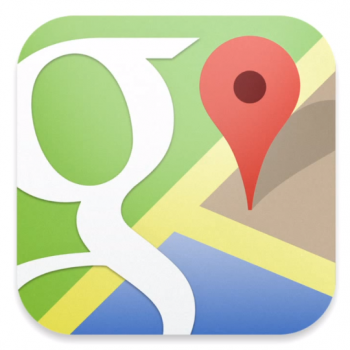
Court rules navigation apps do not fall under distracted driving laws
While many states have outlawed the use of cell phones while driving, particularly for texting, a grey area has emerged in regards to using those same devices for other purposes. Most notably, does using a mobile device for navigation fall under the purview of these same distracted driving laws? A court in Fresno, California has reached a decision on the matter after a man appealed a traffic ticket he received for using a navigation app on his iPhone.
Steven Spriggs received the ticket two years ago while stopped in traffic on a congested highway. The appellate court’s ruling effectively tosses out all charges. A unanimous decision was reached by the Fifth District Court of Appeal with the understanding that laws pertaining to cell phone use specifically limit the use of such devices for talking and texting while operating a motor vehicle. They do not, however, encompass the use of a navigation app such as Google Maps.
Law enforcement officials are wary of such a slippery slope, believing drivers stopped for using their mobile phones might simply pull up a GPS app to hide the fact that they were actually texting or using their phone for some other purpose. The Fresno PD’s Captain Andy Hall says he sees no difference between texting and using a navigation app when it comes to safety.
California was recently the focus of another contested distracted driving case — one involving Google Glass. Similarly, a judge ruled that the emerging technology did not necessarily fall under the scope of laws that prohibit the viewing of a monitor while driving, if only because it was impossible to prove if the defendant, Cecilia Abadie, was actively using Glass at the time she was pulled over.
The ruling in Spriggs’ case, though it may now be used as a reference point for other similar cases in California, does not come as a wholesale endorsement of using a smartphone for purposes beyond talking and texting while driving. The justices’ decision was based on the specific wording of the law, but they admit that some changes might need to be made. As usage of mobile devices continues to grow, it would not be surprising at all to see states around the US adopt more stringent distracted driving laws that could ultimately limit how drivers can interact with navigation apps while on the road.
[via FresnoBee]